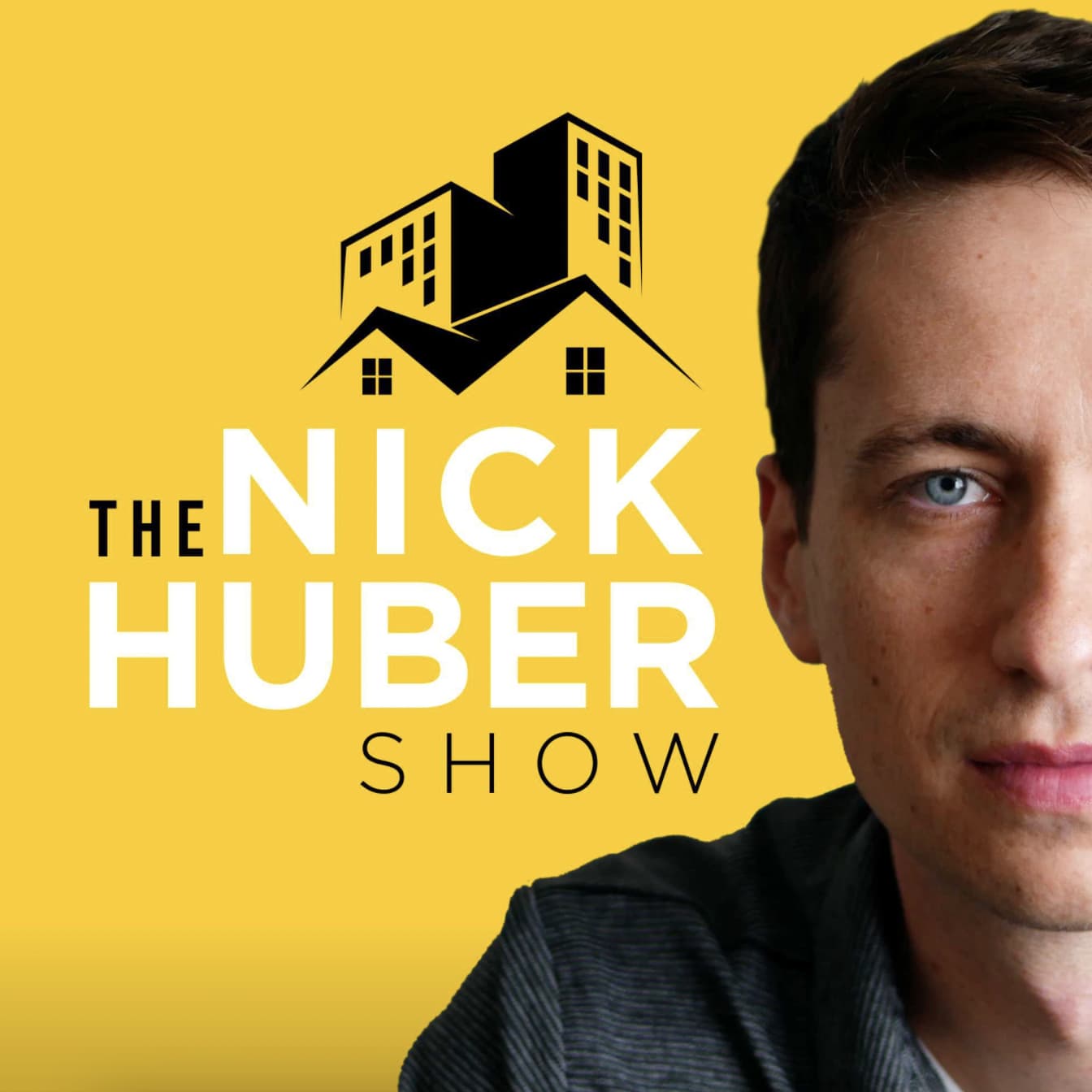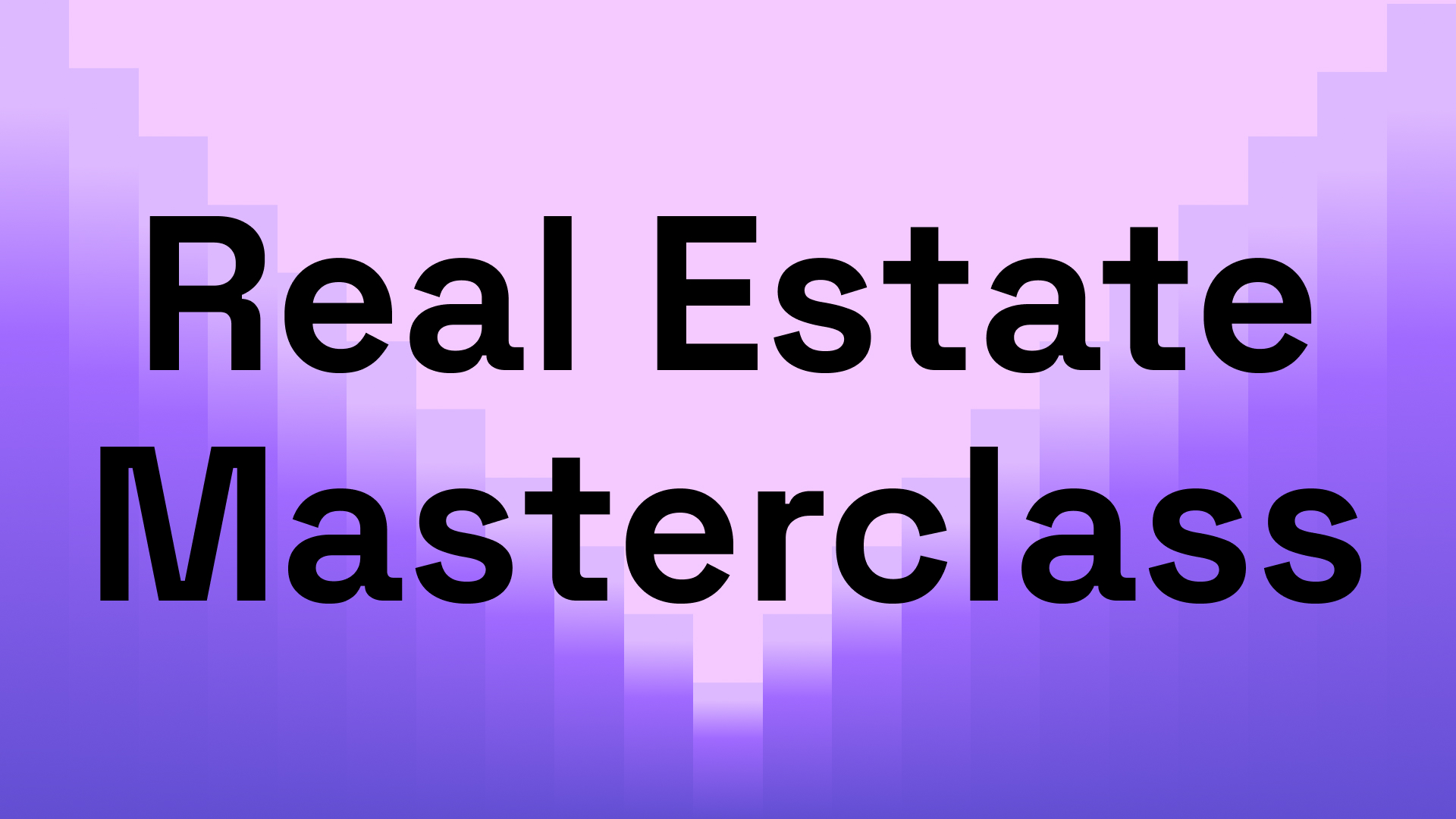
Welcome to the Sweaty Startup by Nick Huber
My philosophy on business, real estate, and life
7
companies
325
employees across
my portfolio
my portfolio
820k
followers across
platforms
platforms
205k
newsletter
subscribers
subscribers
My companies



Nick Huber is an entrepreneur and real estate investor who resides in Athens, Georgia with his wife and three children. He is the owner of Bolt Storage, Somewhere, and RE Cost Seg alongside 4 others companies. His businesses employ over 325 people around the world. Alongside his portfolio of businesses, Nick is a content creator and has more than 820,000 followers across channels. Nick enjoys golf, hunting, mountain biking, history, fishing, travel, sports, and spending time outside with his friends and family.


Subscribe to my weekly newsletter
Join 205,000+ people who read my weekly newsletter about real-estate, entrepreneurship, and what it takes to succeed long-term.
The Sweaty Startup Podcast
The Sweaty Startup Podcast is packed with the principles, strategies, and methods used to grow successful companies.

The Nick Huber Show
The Nick Huber show is a short-form podcast on real estate, entrepreneurship and wealth.

Check out the Sweaty Startup Newsletter
My latest updates on business and life
Join a real estate community with real relationships, real feedback, and transparent sharing.
Try risk-free for just $1 for 5 days
Like minded people working together with the goal of getting a little better every day.
Learn More







